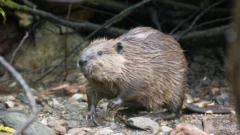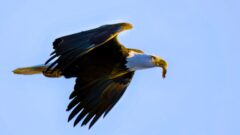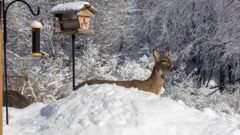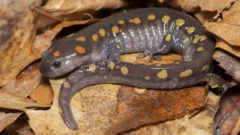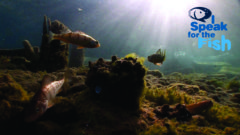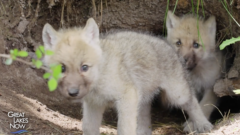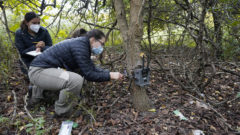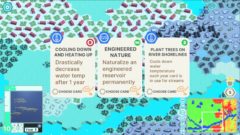Revolutionary Raptors: Hawk Mountain Sanctuary takes journalists birding along the Appalachian Trail
Tucked away in the foothills of Appalachia lies Pennsylvania’s Hawk Mountain Sanctuary — a center for environmental education and a flyway for thousands of raptors each year.
Society of Environmental Journalists members attending their recent conference in Philadelphia caught the beginning of the raptor migration season at Hawk Mountain.
The post Revolutionary Raptors: Hawk Mountain Sanctuary takes journalists birding along the Appalachian Trail first appeared on Great Lakes Echo.Great Lakes Echo
http://greatlakesecho.org/2024/04/18/revolutionary-raptors-hawk-mountain-sanctuary-takes-journalists-birding-along-the-appalachian-trail/


